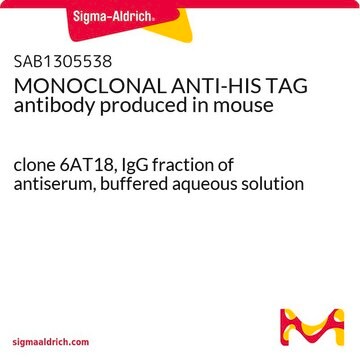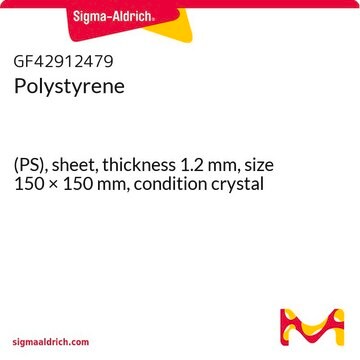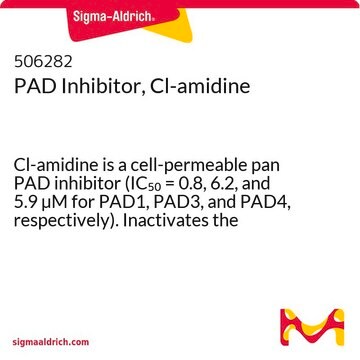추천 제품
분석
≥97% (HPLC)
형태
solid
solubility
DMSO: >10 mg/mL
H2O: insoluble
저장 온도
−20°C
SMILES string
COc1ccc(CN2C(=O)C(=O)c3cc(ccc23)S(=O)(=O)N4CCC[C@H]4COc5cccnc5)cc1
InChI
1S/C26H25N3O6S/c1-34-20-8-6-18(7-9-20)16-28-24-11-10-22(14-23(24)25(30)26(28)31)36(32,33)29-13-3-4-19(29)17-35-21-5-2-12-27-15-21/h2,5-12,14-15,19H,3-4,13,16-17H2,1H3/t19-/m0/s1
InChI key
XDHJBIYJRNFDKS-IBGZPJMESA-N
유전자 정보
human ... CASP1(834) , CASP3(836) , CASP6(839) , CASP7(840) , SUMO1(7341)
애플리케이션
NSCI has been used as an apoptosis inhibitor to study its effects on caspase 9 activity in cultured tick cells. It has also been used as an apoptosis inhibitor in terminal deoxynucleotidyl transferase dUTP nick-end labeling (TUNEL) assay to study anti-CD3-induced apoptosis in the cluster of differentiation 4 (CD4+) and cluster of differentiation 8 (CD8+) T cells from pleural effusions, mononuclear cells (PEMCs).
생화학적/생리학적 작용
1-(4-Methoxybenzyl)-5-[2-(pyridin-3-yl-oxymethyl)pyrrolidine-1-sulfonyl]-1H-indole-2,3-dione (NSCI) is a nonpeptide caspase 3 selective inhibitor.
특징 및 장점
This compound is featured on the Caspases page of the Handbook of Receptor Classification and Signal Transduction. To browse other handbook pages, click here.
Storage Class Code
11 - Combustible Solids
WGK
WGK 3
Flash Point (°F)
Not applicable
Flash Point (°C)
Not applicable
시험 성적서(COA)
제품의 로트/배치 번호를 입력하여 시험 성적서(COA)을 검색하십시오. 로트 및 배치 번호는 제품 라벨에 있는 ‘로트’ 또는 ‘배치’라는 용어 뒤에서 찾을 수 있습니다.
Heriberto Prado-Garcia et al.
Cancer immunology, immunotherapy : CII, 61(7), 1065-1080 (2011-12-14)
Lung cancer is the second most common form of cancer and the leading cause of cancer death worldwide. Pleural effusions, containing high numbers of mononuclear and tumor cells, are frequent in patients with advanced stages of lung cancer. We reported
Nieves Ayllón et al.
Infection and immunity, 81(7), 2415-2425 (2013-05-01)
Anaplasma phagocytophilum causes human granulocytic anaplasmosis. Infection with this zoonotic pathogen affects gene expression in both the vertebrate host and the tick vector, Ixodes scapularis. Here, we identified new genes, including spectrin alpha chain or alpha-fodrin (CG8) and voltage-dependent anion-selective
Satu Pekkala et al.
The Biochemical journal, 424(2), 211-220 (2009-09-17)
NAG (N-acetyl-L-glutamate), the essential allosteric activator of the first urea cycle enzyme, CPSI (carbamoyl phosphate synthetase I), is a key regulator of this crucial cycle for ammonia detoxification in animals (including humans). Automated cavity searching and flexible docking have allowed
Dongjin Jeong et al.
eLife, 10 (2021-07-06)
To date, no study has demonstrated that soluble Fas ligand (sFasL)-mediated inflammation is regulated via interaction with Fas in vivo. We found that FasL interacts specifically with tumor necrosis factor receptor superfamily (TNFRSF)10B, also known as death receptor (DR)5. Autoantibody-induced
자사의 과학자팀은 생명 과학, 재료 과학, 화학 합성, 크로마토그래피, 분석 및 기타 많은 영역을 포함한 모든 과학 분야에 경험이 있습니다..
고객지원팀으로 연락바랍니다.








